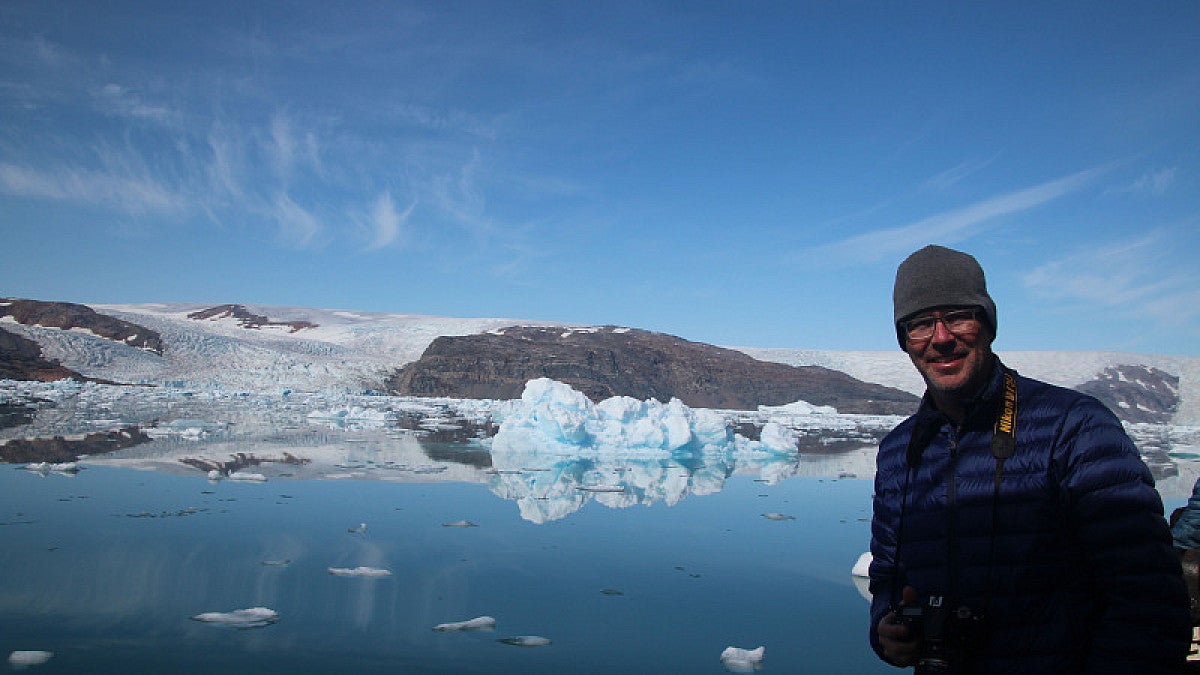
May 30, 2024 - 5:00pm
On May 23, 2024, Professor Mark Carey gave a keynote address to the Chilean Congress of Cryospheric Science.
According to Carey's abstract on his research, research on the human dimensions of glaciers and the cryosphere has increased substantially during the last decade, including in new subfields such as “ice humanities” and “cold humanities.” This recent humanities research has improved his understanding of the cryosphere — from the cultural dimensions of glaciers to the history of human-ice interactions and the politics of current cryospheric research.
Even with these gains, limitations and research gaps still exist, such as: responsibility for and attribution of ice loss; impacts of glacier change across specific and diverse social groups with unequal power and authority; new opportunities in deglaciated areas; inequalities within and among research groups; and the ways in which the framing of ice loss can produce political inaction or continued colonial intrusion into ice-covered areas.
Geo-humanities research can help address many of these topics. But also, these gaps create excellent opportunities for collaboration across the humanities, natural sciences, and social sciences, which can facilitate more holistic and comprehensive understandings of socio-cryospheric systems in mountains and glacier-fed watersheds. This presentation aims to highlight some of these cryosphere-related humanities accomplishments, research gaps, and opportunities for partnerships.
